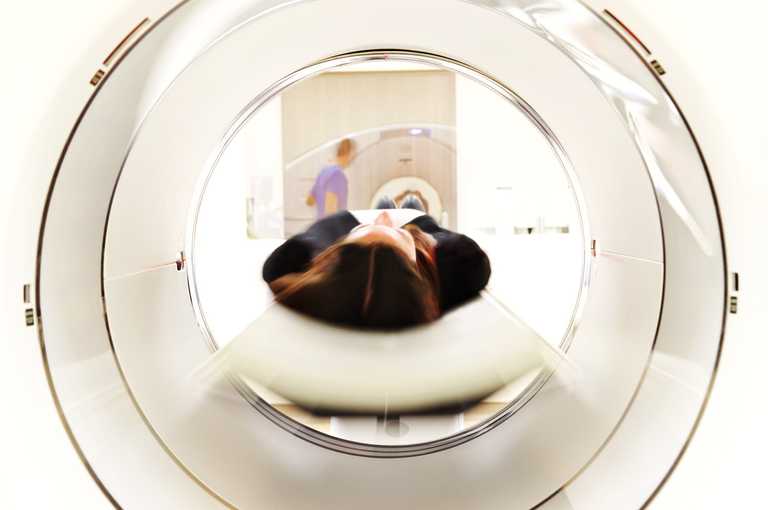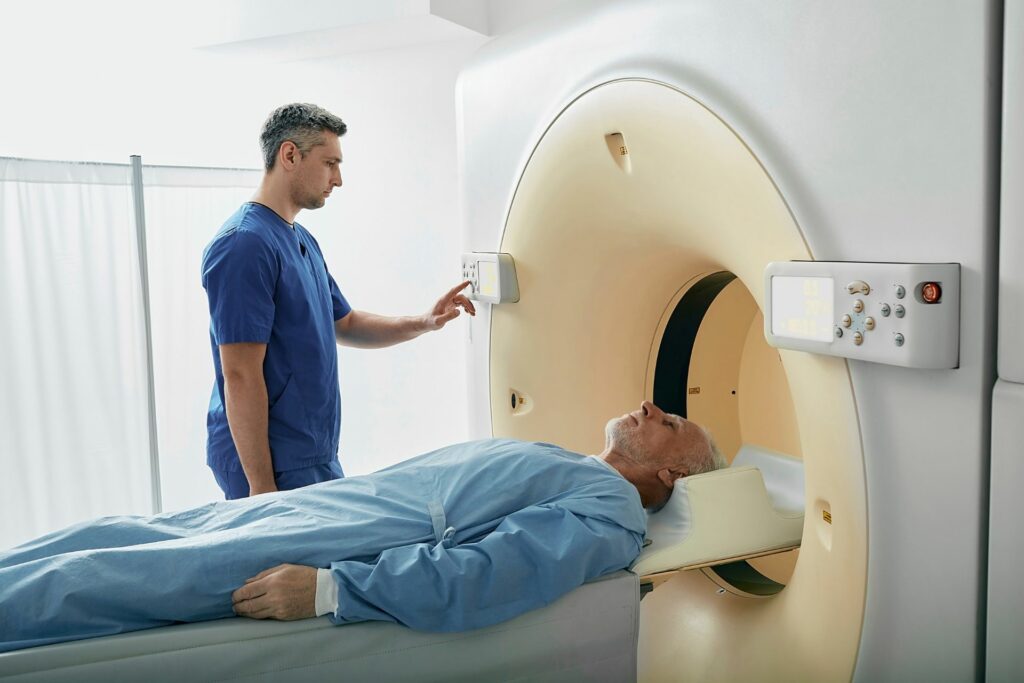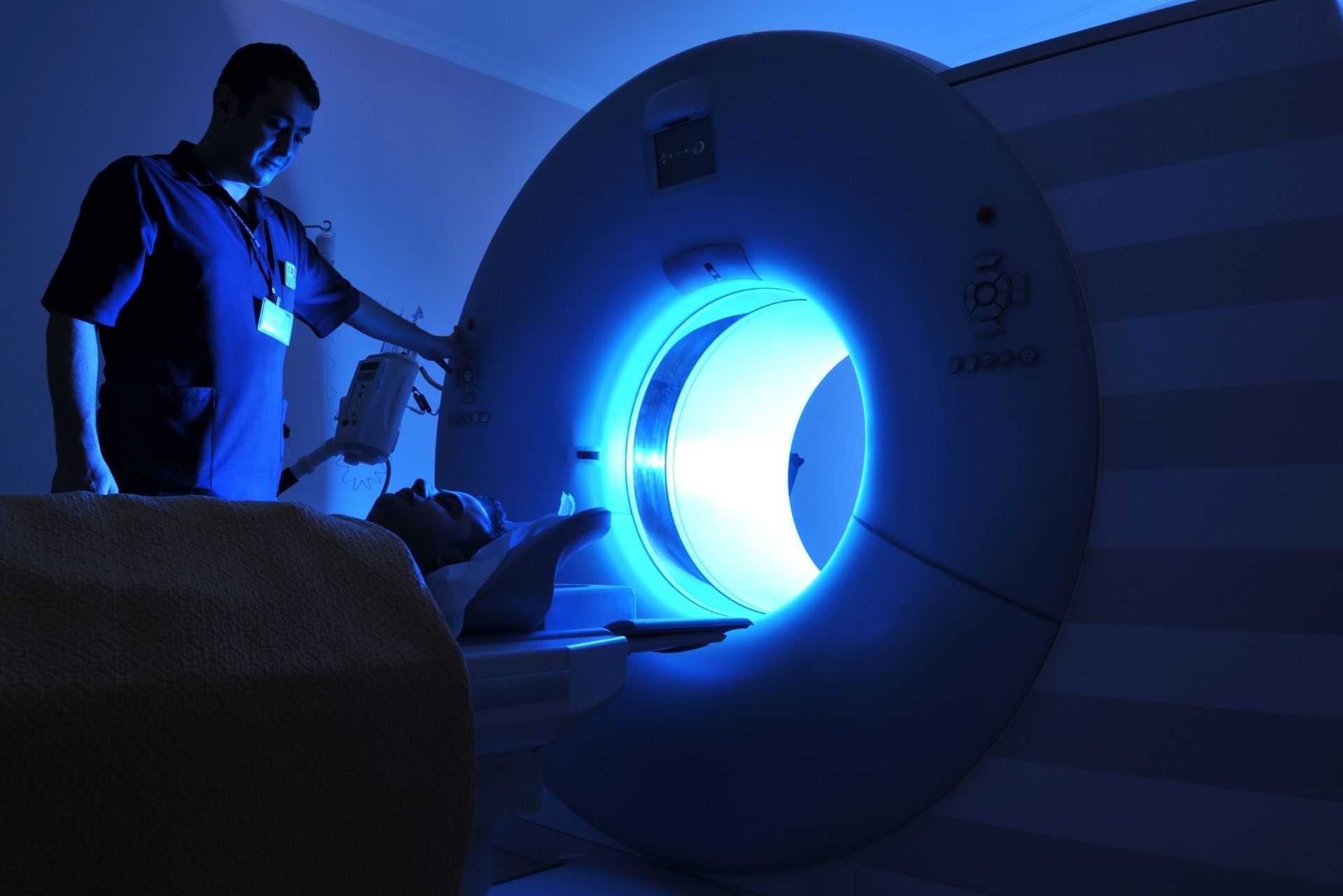
CT scan
Prime Health gives you fast access to the latest CT expertise and technology so you can get diagnosed and trea...

When it comes to diagnostic imaging, CT (Computed Tomography) and MRI (Magnetic Resonance Imaging) scans are two of the most commonly used technologies. Both are powerful tools that allow doctors to look inside your body and help diagnose a wide range of conditions. However, there are important differences between the two, not only in terms of how they work but also in their clinical applications, the types of referrals required, and when one might be more appropriate than the other.
One significant difference between CT and MRI scanning is the ability to self-refer for most MRI procedures.
At Prime Health, you can book an MRI scan without needing a referral from your GP or specialist. This makes MRI a convenient choice for patients who are experiencing certain symptoms and want to investigate the issue quickly without waiting for a referral.
For instance, patients with joint pain, soft tissue injuries, or chronic headaches often opt for an MRI as their first step towards diagnosis. Self-referral services can be particularly beneficial for busy individuals who want rapid access to diagnostics, athletes seeking sports injury assessments, or patients with recurring symptoms that haven’t required emergency intervention.
Unlike MRI, CT scans usually require a clinical referral. This is largely due to the fact that CT uses ionising radiation, which, if not managed carefully, can pose risks, particularly with repeated exposure.
A healthcare referrer needs to evaluate whether the benefits of a CT scan outweigh the risks. Additionally, CT scans are often ordered when there is a more urgent or serious clinical concern that needs investigation, such as trauma, internal bleeding, or suspected cancers.
There are specific clinical situations where an MRI or a CT scan may be more appropriate, depending on the patient’s symptoms and the suspected condition.
MRI is preferred for:
CT is preferred for:
If your doctor recommends a diagnostic scan, the type of scan—CT or MRI—will depend on your specific symptoms and condition. Below are some common reasons for outpatient diagnostic scanning:
MRI Scans:
CT Scans:
When deciding between an MRI and a CT scan, the right choice often depends on the specific medical circumstances. While you can self-refer for an MRI in many cases, CT scans typically require a clinical referral due to the use of radiation and the need for a targeted approach for certain conditions.
Both imaging techniques are essential in the diagnosis and management of a variety of medical conditions, so it’s important to consult with your healthcare team to determine which one is most appropriate for you. Whether you’re dealing with a soft tissue injury, unexplained headaches, or chest pain, the right diagnostic tool can help lead you on the path to effective treatment and recovery.
If you don’t have a referral from a health professional, you can now easily self-refer for an MRI scan at Prime Health. We offer daily appointments, allowing you to choose a time and date that suits your convenience.
